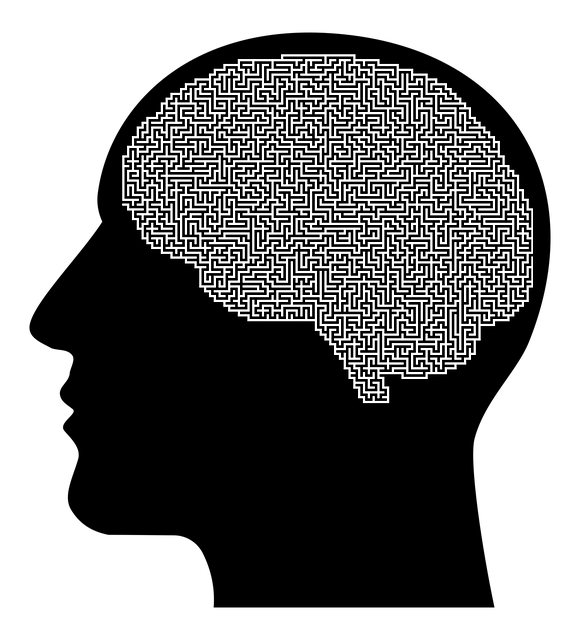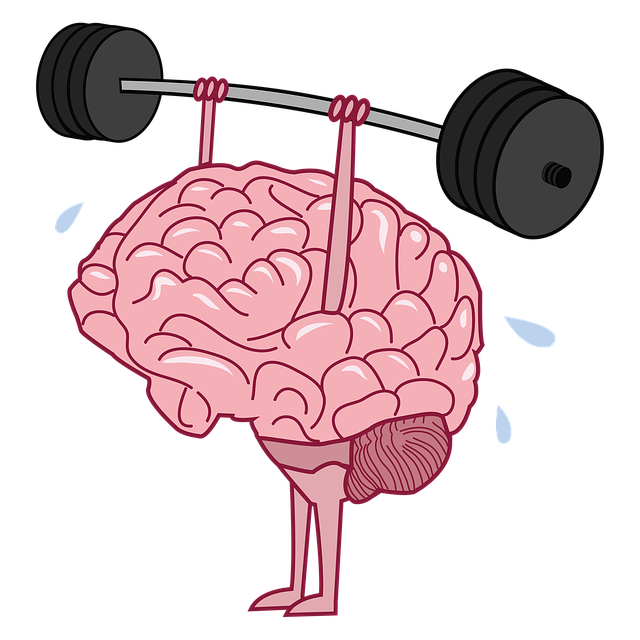Louisville Adjustment Disorder Therapy (LADT) is an effective approach to managing stress and its mental health impacts by empowering individuals to confront triggers, develop emotional resilience, and adopt healthier coping strategies. Using techniques like CBT, mindfulness, and relaxation practices, LADT helps clients identify negative thought patterns, enhance self-esteem, and cultivate empathy. A holistic approach emphasizes lifestyle changes, regular exercise, balanced diet, adequate sleep, and building strong support networks for long-term stress management.
Stress management techniques are essential tools for maintaining mental health and overall well-being. In this comprehensive guide, we explore various approaches to coping with stress, from understanding its root causes to implementing effective strategies. Discover how Louisville Adjustment Disorder Therapy offers a tailored approach to managing chronic stress, helping individuals navigate life’s challenges. Learn about identifying triggers, cognitive behavioral techniques, mindfulness practices, and lifestyle changes that contribute to long-term stress reduction and resilience.
- Understanding Stress Management and Louisville Adjustment Disorder Therapy
- Identifying Triggers: Recognizing Stressors in Daily Life
- Cognitive Behavioral Techniques for Stress Reduction
- Mindfulness and Relaxation Practices for Calmness
- Lifestyle Changes and Support Systems for Long-Term Stress Management
Understanding Stress Management and Louisville Adjustment Disorder Therapy

Stress management is a vital aspect of maintaining good mental health and overall well-being. It involves recognizing and understanding the root causes of stress and developing effective coping strategies. Louisville Adjustment Disorder Therapy (LADT) is a specialized form of psychological treatment that focuses on helping individuals manage and overcome stressful situations and the associated emotional challenges.
By utilizing LADT, therapists guide clients in improving their self-esteem and emotional intelligence, enabling them to navigate stressful circumstances with greater resilience. This therapeutic approach aims to equip people with the tools needed to identify triggers, regulate emotions, and adopt healthier coping mechanisms, thereby enhancing their ability to thrive despite life’s challenges.
Identifying Triggers: Recognizing Stressors in Daily Life

Stressful situations can often be hard to pinpoint, but identifying triggers is a crucial step in managing it effectively. In Louisville Adjustment Disorder Therapy sessions, clients learn to recognize the subtle and not-so-subtle signs of stress in their daily lives. This includes understanding specific scenarios or interactions that consistently evoke strong emotional responses, such as overwhelming feelings of anxiety or anger. By keeping a journal to track these triggers, individuals can begin to identify patterns and develop strategies to navigate them.
Compassion cultivation practices, crisis intervention guidance, and empathy building strategies play a significant role in this process. Through mindfulness exercises and understanding the underlying causes of stress, individuals gain valuable tools to respond rather than react to triggers. This proactive approach equips them with the mental resilience needed to handle stressful situations more effectively, ultimately improving their overall well-being.
Cognitive Behavioral Techniques for Stress Reduction

Cognitive Behavioral Techniques (CBT) offer a powerful approach to stress management and are widely utilized in Louisville Adjustment Disorder Therapy. This method focuses on identifying and changing negative thought patterns and behaviors that contribute to stress and anxiety. By challenging unhelpful thoughts, individuals can gain a more positive and realistic perspective, leading to reduced stress levels. CBT encourages active participation and self-reflection, empowering people to take control of their mental wellness.
In the context of Mental Wellness Journaling Exercise Guidance, CBT techniques are often incorporated into structured journaling practices. This involves recording thoughts, emotions, and behaviors in a journal to track patterns and triggers. By regularly reviewing and challenging these entries, individuals can gain valuable insights into their stress management. Additionally, this process can enhance self-awareness, boost confidence through achievable goals, and provide a creative outlet for processing complex emotions—all essential aspects of maintaining mental wellness as promoted by the Mental Wellness Podcast Series Production.
Mindfulness and Relaxation Practices for Calmness

In today’s fast-paced world, mindfulness and relaxation practices have emerged as powerful tools for cultivating calmness and managing stress. These techniques, often taught by Louisville Adjustment Disorder Therapy professionals, involve focusing on the present moment and accepting one’s feelings without judgment. By incorporating practices like meditation, deep breathing exercises, and yoga into daily routines, individuals can enhance their mental resilience and overall well-being. Mental Health Education Programs Design that emphasize these strategies not only equip people with practical tools for stress management but also foster empathy building strategies, creating a more supportive and understanding community.
Stress Management goes beyond mere relaxation; it’s about developing a holistic approach to life. Louisville Adjustment Disorder Therapy experts guide individuals through various mindfulness practices, helping them recognize triggers and develop coping mechanisms that work best for their unique needs. Through consistent practice, these techniques can transform stressful situations into opportunities for growth and self-awareness, allowing folks to navigate life’s challenges with greater ease and equanimity.
Lifestyle Changes and Support Systems for Long-Term Stress Management

Adopting a healthier lifestyle is an integral part of long-term stress management. This includes regular physical activity, a balanced diet rich in nutrients, and sufficient sleep to allow the mind and body to rest and recover. In Louisville, adjustment disorder therapy often emphasizes these holistic approaches, teaching individuals how to make sustainable changes that promote overall well-being. By incorporating stress-reducing activities like yoga or meditation into daily routines, people can build resilience against stressful situations.
Additionally, a strong support system is vital for managing stress effectively. Connecting with friends and family, joining support groups, or seeking counseling from professionals in Louisville adjustment disorder therapy can provide much-needed emotional backing. These connections offer a sense of belonging and help individuals feel less isolated when facing challenging situations. Moreover, sharing experiences and learning coping strategies from others can be immensely beneficial for anxiety relief and confidence boosting.
Louisville Adjustment Disorder Therapy offers a comprehensive framework for managing stress by addressing its root causes. By understanding triggers, employing cognitive behavioral techniques, adopting mindfulness practices, and making lifestyle changes, individuals can achieve long-term stress reduction. Integrating support systems into this holistic approach further enhances well-being, enabling people to navigate life’s challenges with resilience and calmness.









